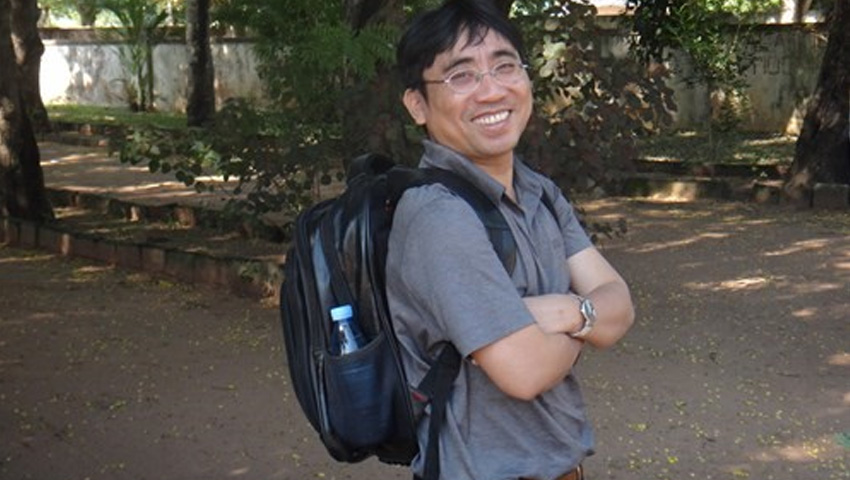When he was a teenager in Makassar, South Sulawesi, Sudirman Nasir lived in a slum neighborhood. Sudi, as his friends calls him, was exposed to the lifestyle of young people in the area including the use of drug and alcohol. This memory led him to undertake his PhD thesis on drug use and HIV prevention program in slum area at the University of Melbourne, Australia, which was completed in 2011. It began with a willingness to better understand why some groups of young people are addicted to drugs and engage in risky behaviours that make them susceptible to HIV and/or the hepatitis C infection. Other groups, on the other hand, could ‘control’ their drug intake or even resist using them.
“In my study, I found that young people who are addicted to drugs are mostly those without employment. This unemployment not only deprives them of regular income but also their social network and identity. They are trapped in the environment where their close circle is fellow drug users or criminals, hence find no incentives to stop their drug usage. These young people need not just medical rehabilitation but also broader social rehabilitation and reintegration,” explained Sudi.
His interest in social determinants of health began when he was a student at the Faculty of Medicine in Hasanuddin University, Makassar. Back then, during the New Order regime in the 1990s, social justice was widely discussed as one factor that shapes the wellbeing of the people. Especially for the poor and the marginalised groups who have less options or limited access to better health.
“This leads me to medical anthropology, a discipline that may contribute better to our understanding on the social aspects of health and work hand in hand with biomedicine and public health. It could assist us to design and implement a more culturally sensitive health program,” said Sudi.
He also credited his learning at the University of Melbourne which encouraged him to be more critical and open minded. The multidisciplinary approach in Australian education allowed him to conduct his research project from many different perspectives.
Sudi is also member of the Young Indonesian Scientists Network and the Study Committee that develops SAINS 2045- An Indonesian Science Agenda Towards a Century of Independence. This is an initiative led by the Indonesian Academy of Sciences (AIPI) and supported by the Australian Government through the Knowledge Sector Initiative. Sudi passes on the message to other aspiring researchers.
“Continue the critical thinking and multidisciplinary approach to advance ourselves and contribute to the progress of science and humanity.”






